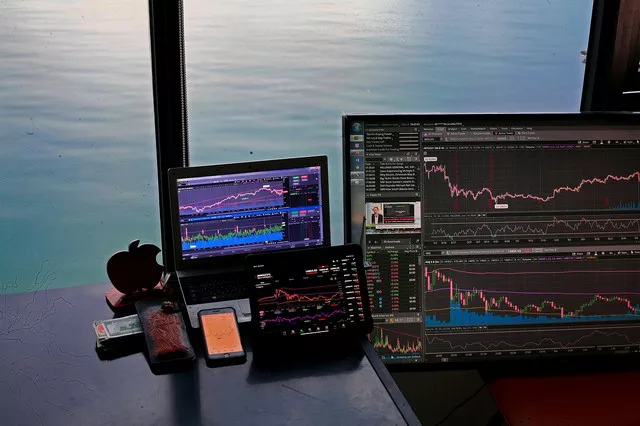The futures market is a global marketplace that facilitates the trading of various financial instruments, including commodities, currencies, and stock index futures. To participate effectively in futures trading, it is essential to understand the operating hours of the market. This article aims to provide a detailed overview of the hours during which the futures market is open, taking into account different regions and exchanges, enabling traders to plan their activities and capitalize on trading opportunities.
Global Time Zones
Time Zone Variations:
Market Centered: The opening and closing hours of the futures market vary based on geographical regions and time zones around the world.
Trading Sessions: The futures market operates in different sessions to accommodate trading activities in various time zones.
North American Futures Market
Chicago Mercantile Exchange (CME):
Key Exchange: The CME is one of the largest and most influential futures exchanges globally.
Regular Trading Hours (RTH): RTH for the CME typically starts at 5:00 p.m. Central Time (CT) on Sunday and ends at 4:00 p.m. CT on Friday.
New York Mercantile Exchange (NYMEX):
Energy and Metal Futures: The NYMEX is renowned for trading energy and metal futures.
RTH: RTH for NYMEX usually follows the CME’s trading hours.
Nasdaq Futures (NFX):
U.S. Equity Index Futures: Nasdaq Futures offers futures contracts based on U.S. equity indexes.
RTH: NFX follows the CME’s trading hours.
European Futures Market
Eurex Exchange:
Key European Exchange: Eurex is one of the primary derivatives exchanges in Europe.
RTH: RTH for Eurex usually starts at 8:00 a.m. Central European Time (CET) and ends at 10:00 p.m. CET.
London International Financial Futures and Options Exchange (LIFFE):
Key Exchange in the UK: LIFFE, now part of ICE Futures Europe, plays a crucial role in the European futures market.
RTH: LIFFE follows the Eurex trading hours.
Asian Futures Market
Tokyo Commodity Exchange (TOCOM):
Japan’s Leading Commodity Exchange: TOCOM focuses on trading commodity futures contracts.
RTH: RTH for TOCOM typically starts at 9:00 a.m. Japan Standard Time (JST) and ends at 3:30 p.m. JST.
Singapore Exchange (SGX):
Key Exchange in Southeast Asia: SGX offers a variety of futures products, including equity index futures and commodity futures.
RTH: RTH for SGX usually starts at 9:00 a.m. Singapore Time (SGT) and ends at 5:00 p.m. SGT.
Extended Trading Hours
Pre-Market and After-Hours Trading:
Extended Access: Some futures exchanges offer extended trading hours beyond regular trading sessions.
Liquidity and Availability: Extended trading hours provide opportunities for traders to react to market news and events outside regular session times.
Global Futures Market Considerations
Market Holidays:
Holiday Closures: Futures exchanges observe holidays, resulting in market closures during those periods.
Regional Differences: Market holidays may vary across different countries and regions.
Overnight Trading:
Electronic Trading: Some futures markets allow electronic trading during overnight hours, providing access to markets during non-traditional trading times.
Conclusion
Understanding the operating hours of the futures market is crucial for traders and investors looking to actively participate in futures trading. The global nature of the futures market necessitates awareness of the different time zones and trading sessions across various exchanges. By familiarizing themselves with the opening and closing hours of futures exchanges, traders can effectively plan their strategies, capitalize on trading opportunities, and navigate the dynamic landscape of global futures markets with confidence.


